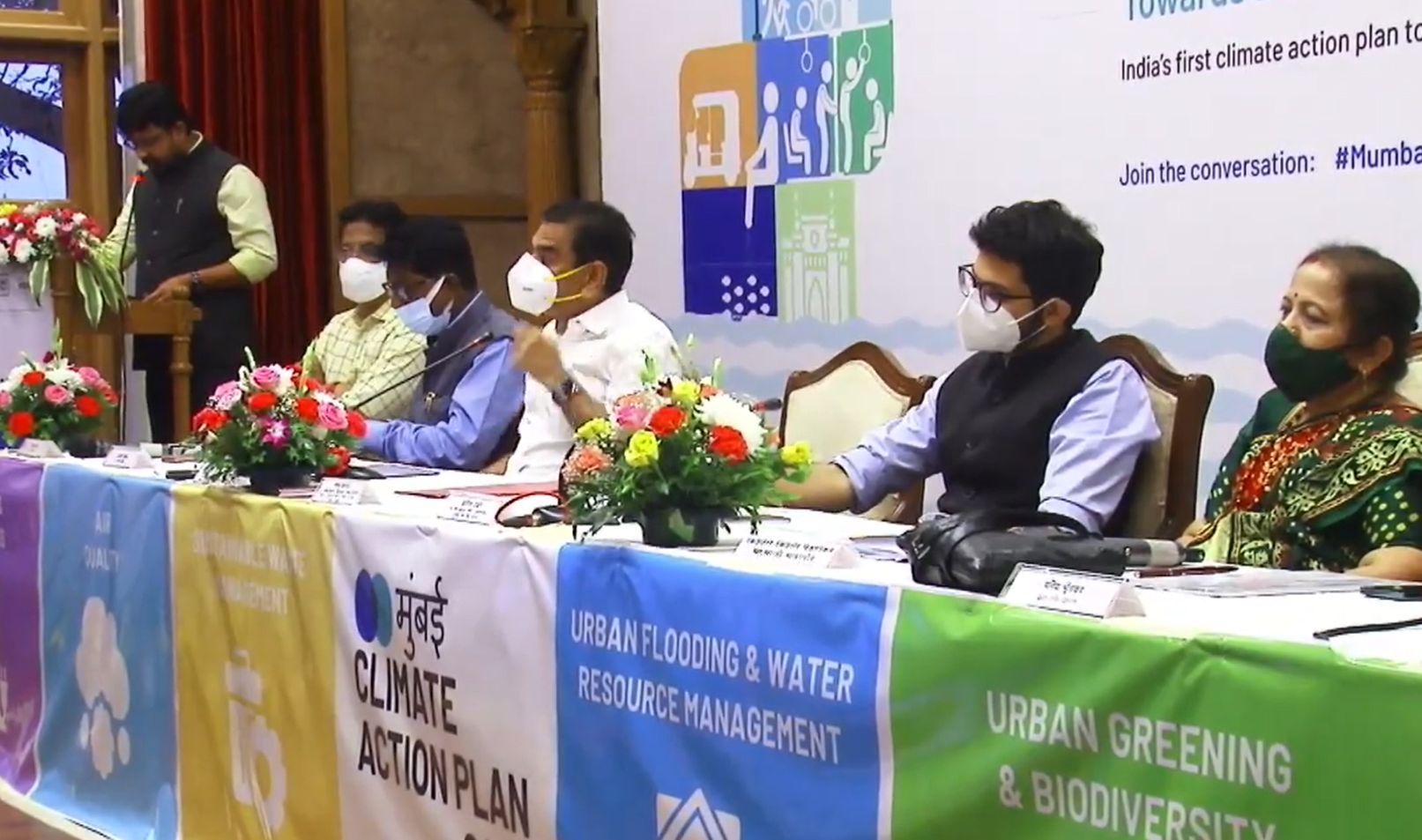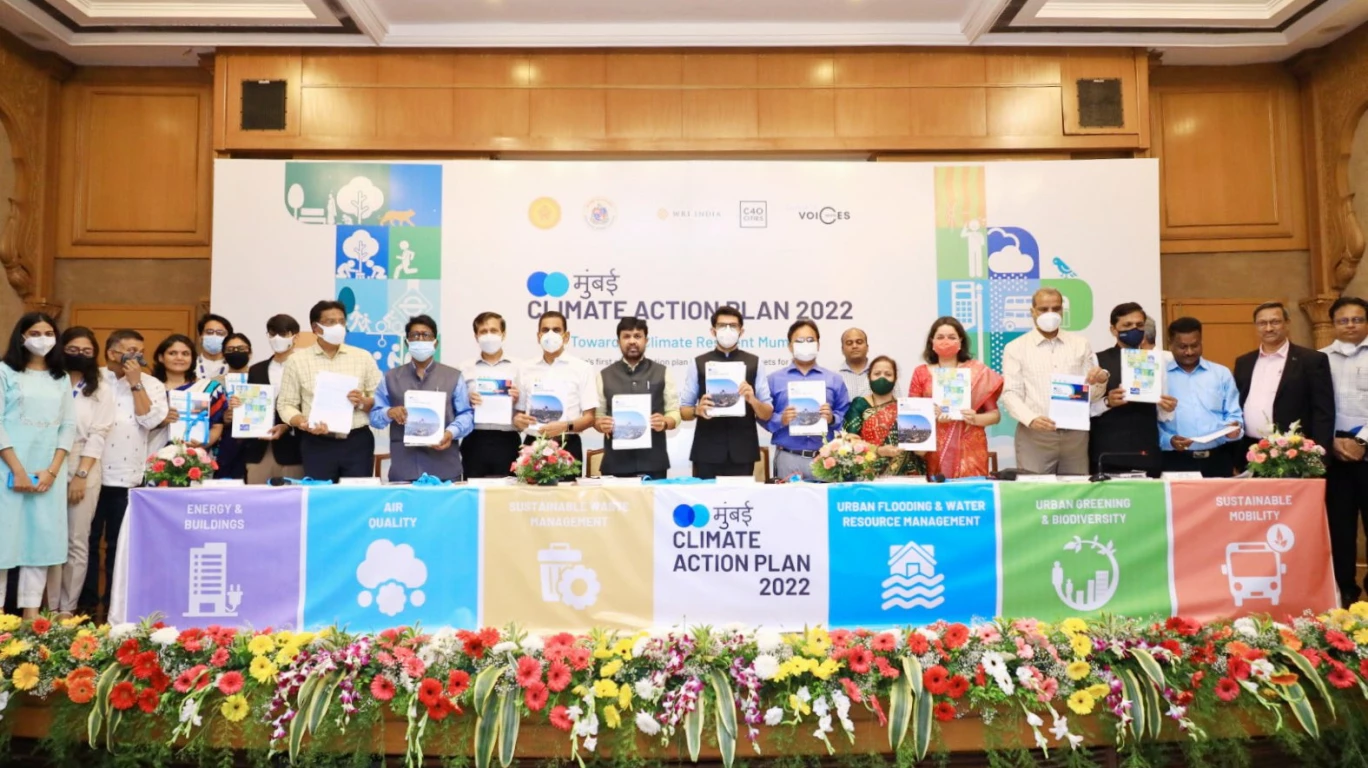The Maharashtra government has launched the Mumbai Climate Action Plan (MCAP) which was prepared by Brihanmumbai Municipal Corporation (BMC). With this, Mumbai has become the first city in India to have such a strategy.
Before the preparation of MCAP, a vulnerability assessment of greenhouse emission (GHG) and natural green cover inventory was conducted. World Resources Institute (WRI), India, and therefore the C-40 Cities network provided technical support to BMC for the preparation of the plan.

Highlights of MCAP
MCAP has laid down a 30-year roadmap for Mumbai to tackle the challenges of temperature change. it’s set short-, medium- and long-term climate goals to realize the target of net zero emissions by 2050. It’s identified six strategic areas where massive changes will need to be remodeled the following 30 years.

The main focus of MCAP is decarbonizing Mumbai’s energy grid. this can be important because 95% of Mumbai’s energy needs are met by fuel sources. MCAP envisages 90% of Mumbai’s energy from renewable sources by 2050.
The town also will explore energy sources like tidal power, green hydrogen, etc. there’s a concept to shift from LPG to other cleaner methods like electrified cooktops. MCAP also encourages green buildings.

The transport sector contributes to a significant portion of Mumbai’s emissions. MCAP proposes giving a push to conveyance and non-motorized transport. there’s an idea to get 2,100 electric buses by 2023. Incentives sort of a reduction in toll charges, parking fees, etc. are offered to electric vehicles.

Every day BMC manages a mean of 5,500 million tonnes of solid waste. although Solid waste’s contribution to emissions is a smaller amount, it’s the most important health concern within the city. Thus, there’s a necessity to scale back the amount of waste generated. The plan proposes a “Reduce, Reuse and Recycle” approach. there’s a concept to terminate the usage of single-use plastics by 2025.

MCAP aims to boost monitoring and forecasting of air quality and also prescribe sector-specific strategies to cut back emissions. Some proposed strategies include reducing traffic jam by adopting better management systems, banning entry of heavy vehicles during peak hours, promoting renewable energy in industrial units and power plants, etc.

Urban greening and biodiversity
MCAP aims to extend the green cover to 30-40% of the expanse of Mumbai by 2030. It also proposes increasing budget allocation for urban greening, raising funds through green bonds, offering land tax rebates to housing societies that promote urban greening, etc.
Urban flooding and water resource management
MCAP proposes building flood-resilient infrastructure. It also plans to push conservation through increasing permeable surfaces, reducing surface run-off of water, making rooftop rainwater harvesting mandatory, etc.

